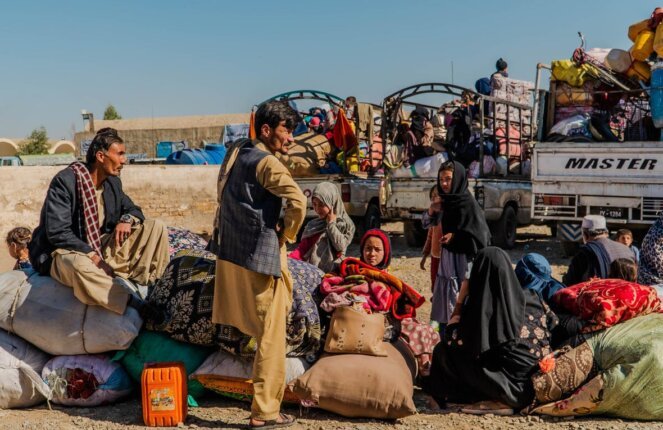ISLAMABAD – In a move that has alarmed international observers, Pakistan has started deporting legally registered Afghan refugees even before its stated September 1 deadline, raising fears of human rights violations and regional instability.
The United Nations High Commissioner for Refugees (UNHCR) reported this week that it has received credible information about arrests and forced deportations of Afghan nationals who hold legal documentation, such as Proof of Registration and Afghan Citizen Cards.
“This premature return is not in line with international obligations,” said the UNHCR, urging Pakistan to “adopt a humane and phased repatriation strategy” rather than rushing people out of the country.
From August 1 to August 4, hundreds of documented Afghan refugees were allegedly deported, according to UNHCR spokesperson Qaisar Khan Afridi. This contradicts Pakistan’s official stance that only voluntary returns would take place initially, with formal deportations set to begin in September.
Pakistan’s Interior Ministry has not responded to requests for clarification on the reported early expulsions.
Over 2 million Afghan refugees are registered in Pakistan, with many having lived in the country for decades after fleeing violence and political unrest in their homeland. The government’s mass repatriation plan, dubbed the Illegal Foreigners Repatriation Plan, has already seen tens of thousands forced to return in previous waves.
The Pakistani government maintains that only Afghans without valid visas will be deported, and claims that some have been involved in criminal or militant activity—a charge Afghanistan’s Taliban-led administration strongly denies.
“Such mass returns put lives at risk and risk overwhelming Afghanistan’s fragile systems,” said the UNHCR. Humanitarian agencies fear the influx of returnees could worsen the already dire economic and humanitarian conditions in the country.
Adding to the pressure, Iran has also resumed large-scale deportations of Afghans, creating a dangerous confluence of regional migration crises that could further destabilize Afghanistan.



